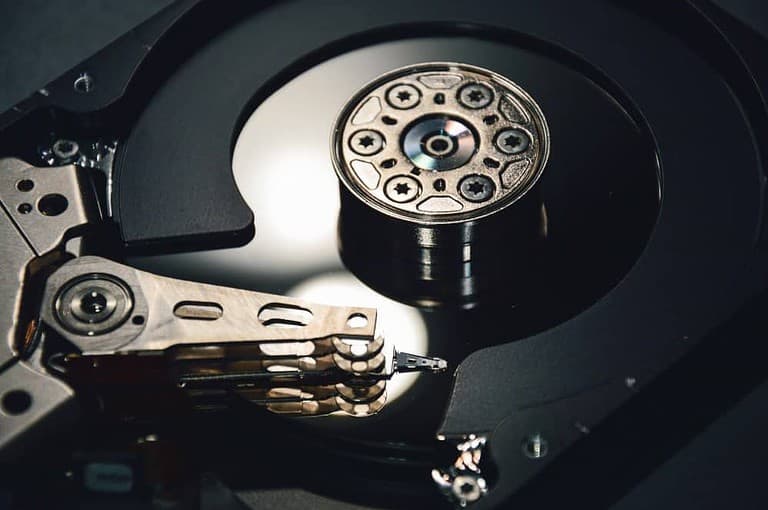Shawn Rosemarin of Pure Storage thinks hard disk drives will remain on the market for only a few more years. The storage company’s VP of R&D predicts to Blocks & Files that rising electricity costs will spell the end of HDDs in the enterprise market.
Rosemarin is clear about the state of HDDs. “Hard drive technology is 67 years old. We need to herald this technology that went from five megabytes the size of this room to where we are today. And even the latest HAMR technology, putting a laser on the top of the head in order to heat up the platters, is pretty remarkable … But we’re at the end of that era.”
Eventually, the cost per terabyte is going to come down even further for SSDs, Rosemarin contends. This is currently still one of the few advantages of HDDs, although we have also seen in recent years in the consumer market that the price difference between the two technologies is only decreasing.
Electricity
The cost of electricity is rising almost everywhere. “Here’s the thing … when they go up, they very seldom if ever come down,” Rosemarin states. He additionally refers to the potential restrictions on data centers, which prevented hyperscalers from finding space in Ireland, for example. Referring to the United Kingdom, the Pure Storage executive saw energy prices go up fivefold.
Increased energy costs have also led to problems for data centers in the Netherlands. For that reason, several companies in this sector wanted to pass these costs on to their customers last year.
AI/ML demands faster data processing
Rosemarin also addresses the limited speed of hard drives. In this area, there is no advantage that HDDs have over SSDs. According to him, the development of AI will only strengthen the full transition to SSDs in data centers.
There are plenty of examples in this regard. An application such as ChatGPT not only takes a lot of computation, but the processing of data cannot be slowed down. Training generative AI models can take days even with the fastest technology, so data center scale will have to be paired with speed.
Blocks & Files rightly notes that Pure Storage competes with HDDs. It only offers all-flash solutions, so this prediction also serves their best interests. Still, it seems HDDs have little upside in the long run, with energy costs and AI going to be the killers in the enterprise market.
